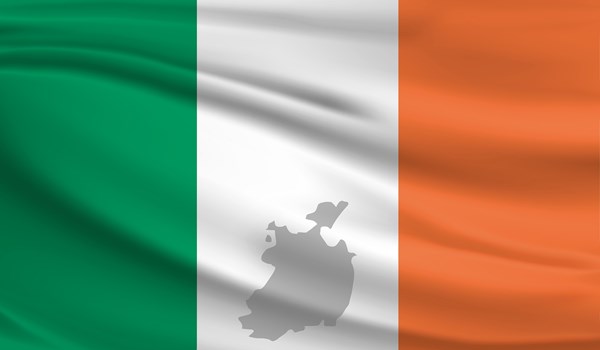Jurisdictions
Regions
Industry Sectors
05/01/22
IRELAND: Corporation tax on par with VAT as State’s second largest revenue source.

As published on irishtimes.com, Wednesday 5 January, 2022.
Corporation tax is now on a par with VAT as the second largest source of revenue for the State following another record haul last year.
Year-end exchequer returns show the business tax generated €15.3 billion in receipts in 2021, 29 per cent up on the previous year, amid a number of large payments from firms in the technology and life sciences sectors and an increase in corporate profitability generally.
€1 in every €4.50 collected in tax (22 per cent of total tax receipts) is now coming from corporation tax.
The €15 billion total for last year was more than three times the corporation tax collected as recently as 2014 , marking a unprecedented surge in receipts.
While the additional revenue has proved a boon for the Government, helping it run a budget surplus prior to the pandemic, it has been repeatedly warned not to use it for day-to-day spending because of the highly concentrated nature of the tax base and the potential for shocks.
Approximately 56 per cent of receipts in 2020 came from a just 10 large firms, thought to include Apple, Microsoft, Google and pharmaceutical giant Pfizer.
Minister for Finance Paschal Donohoe said while the surge in receipts was “hugely welcome” as it reduces the State’s borrowing requirement “it reminds us of the challenge that is still there regarding how we can avoid becoming excessively reliant on this particular tax receipt given its potential volatility”.
“It is highly likely that at some stage these receipts will decline,” he warned. “This is why we must ensure prudent management of the public finances so that we are not left with a structural gap between revenue and expenditure in future years.”
The latest exchequer returns come as the State signs up to an OECD-brokered deal on tax which will effectively end the State’s prized 12.5 per cent rate. The department has factored in a potential loss of €2 billion from the proposed changes, which include a global minimum rate of 15 per cent.
However, with most of the changes not due to be implemented until 2023 and beyond, corporation tax is expected to continue to grow this year.
“The technology and life sciences sectors drove much of the growth,” said Peter Vale, tax partner at Grant Thornton Ireland. “With global tax changes not likely to kick in until 2023 at the earliest, there’s no reason to believe that the strong 2021 corporation tax returns will not be repeated in 2022.”
The latest exchequer returns show total tax receipts last year hit a record €68.4 billion, 20 per cent or €11 billion ahead on the previous year, pushing the exchequer deficit down to €7.3 billion.
Apart from corporate tax the strong performance was driven by income tax and VAT, which benefitted from a sharp rebound in consumer spending and employment in the second half of the year.
Cumulative income tax receipts of €26.6 billion for the year were up by €3.9 billion (17.4 per cent) on 2020, while VAT generated €15.4 billion, 24 per cent higher than the total collected in 2020.
On the spending side total gross expenditure for 2021 amounted to €87.5 billion, which was €2.3 billion, or 2.6 per cent, ahead of 2020. The increase included €13.5 billion in expenditure related to the provision of Covid supports for the economy.
Mr Donohoe said while the tax figures were positive “our economic and budgetary outlook remains uncertain” because of the pandemic.
The impact of the Omicron variant, he said, had necessitated further Government supports for workers and businesses. While pledging there would be no cliff edge in the removal of these supports, Mr Donohoe cautioned that these measures could not go on indefinitely.
“It isn’t sustainable to continue with enhanced levels of support for a prolonged period of time given the very high cost to the exchequer,” he said. “Once we overcome this wave of the virus and we are successful in our efforts to reopen the economy it is essential that we pivot away from these generalised supports.”



